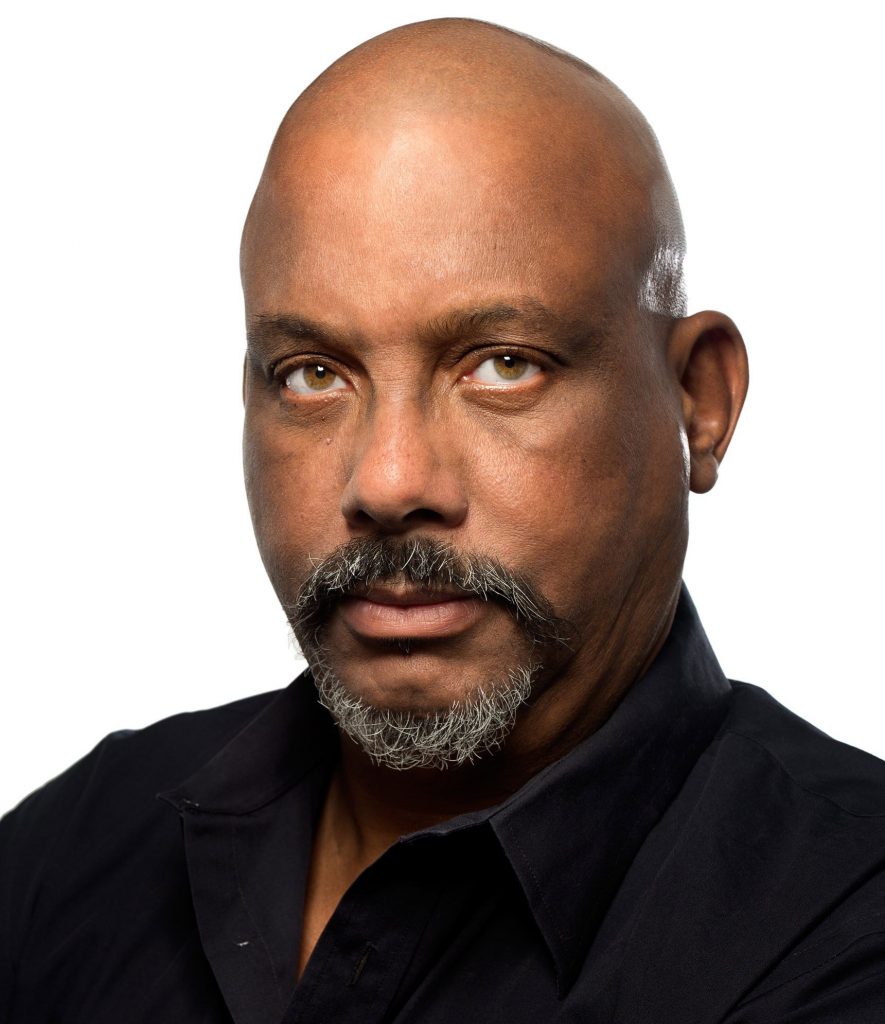Media problems considered

BitDepth#1216
IF THE conversations about the media business have remained the same over the last five years, it’s because the problems have largely remained the same as marketing solutions remain elusive and the creation of journalism itself still proceeds at a remove from audience analytics.
Cynthia Reddock-Downes didn’t have any good news for the media professionals and executives attending last week’s TTPBA event, “If I were a Media Owner…,” to consider the industry at the Telecommunications Authority’s Barataria head office.
Reddock-Downes warned of decline of 25.2 per cent in paid television revenues and an 18.8 per cent drop in free-to-air revenues in TATT’s most recent market survey.
Radio didn’t fare well either as revenues fell by 15.3 per cent.
“I’m hoping that the media managers present can let us know if that’s wrong, because it’s a cause for worry,” Reddock-Downes said.
Guardian Media’s managing director Nicholas Sabga soon put those figures in perspective, noting that “over the last five years it isn’t a 15 per cent drop, it’s a 50 per cent drop in revenues, and we need to understand it that way.”
“Media will be controlled by the individual,” Sabga said of the collapse of the traditional media model, “(the) scheduling of it, the medium and access points are up to them, not up to (content) programmers. The power is now in the hands of the user.
“Who do you trust in all these new avenues of information dissemination?
“I believe that the brand remains important.
“Newspapers are in big trouble, we have to find ways of adapting; we can’t be resistant to trying new things with the possibility of failing.”
Sabga then obliquely acknowledged ANSA McAL’s most significant mistake with its newspaper holdings in 1996, when accusations of management interference led its editorial management team quitting.
“Since 1997,” he said, “Guardian Media has learned how to deal with a newsroom and how to not deal with a newsroom.
“You will have heard my uncle talk about the tax on social media, and I do agree with the taxation issue, but I see it from the content creation perspective, where we don’t have any options to monetise our content on those platforms.”
Data was very much on the mind of Noble Phillip, chairman and founder of Market Facts and Opinions who spoke on the panel “Selling media in a changing environment.”
Phillip was clearly more than a little non-plussed by the continuing disinterest demonstrated by local media businesses in commissioning an independent survey of the market. There hasn’t been an MFO Mediatrak survey of the sector for the last three years.
“Your business is the creation of audiences,” Phillip said.
“If you are not creating audiences, there is no value in your business. It is the audience that you are selling.
“If you don’t figure out your audience, you are dead in the water.
“What does (being) number one mean? How many people are we talking about? If you are selling something and you don’t understand the value of what you are selling, then you are running a con game.”
Christianne Elcock, general manager of 98.1FM, suggested that media houses become more specific in their approach to the market in the face of faltering advertising revenue and to avoid rate wars as a way to be competitive.
“Target companies that match your audience,” Elcock said, “focus on niche markets, focus on the USP (unique selling position), build social media presence and offer social media channels as an advertising and promotion resource.”
Mark Lyndersay is the editor of technewstt.com. An expanded version of this column can be found there

Comments
"Media problems considered"